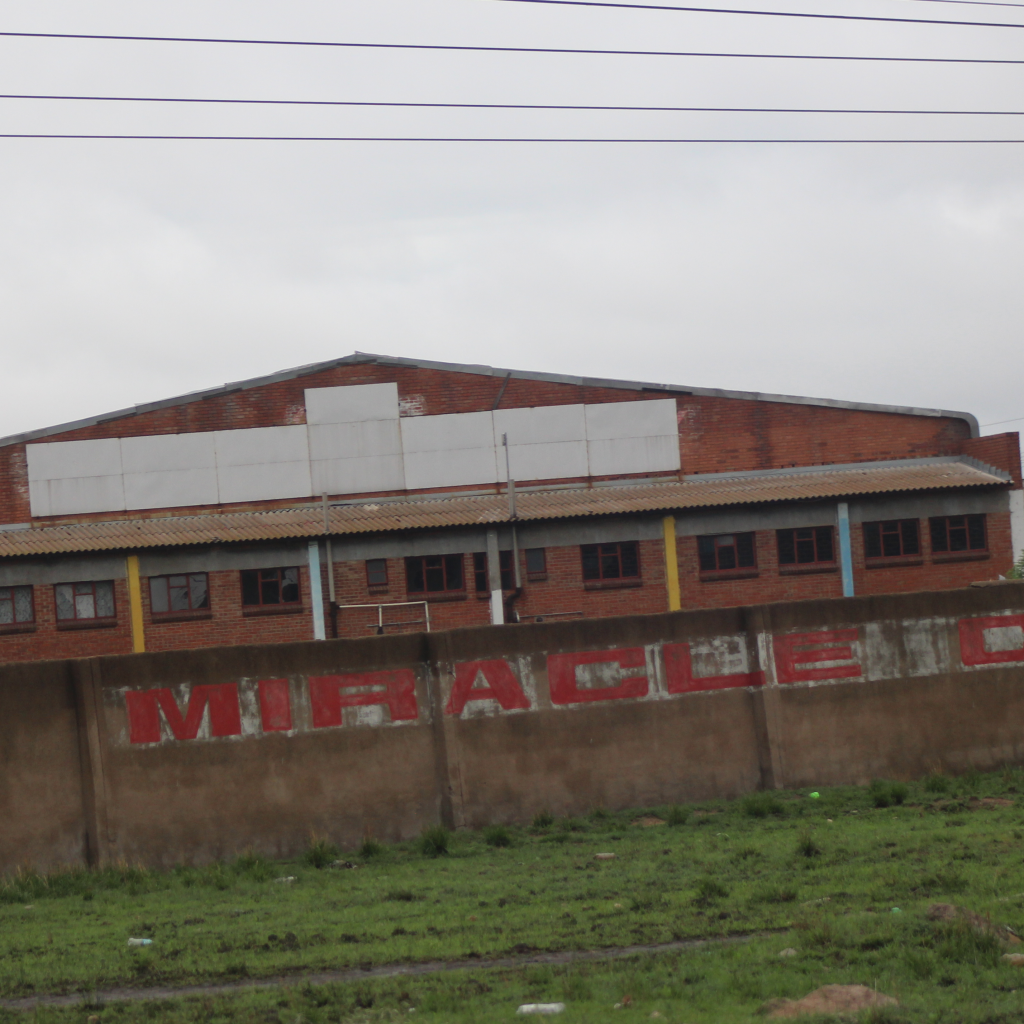
A BULAWAYO-based senior executive made a startling disclosure during this week’s crucial interface between new Industry and Commerce minister Sithembiso Nyoni and captains of Zimbabwe’s industries.
Swaths of empty warehouses in the city’s collapsing firms are being turned into churches following brutal de–industrialisation.
Where engineers once conglomerated to fix the machines that drive the economy, worshipers are praying for divine intervention to secure jobs. What is happening in Bulawayo is the result of a clear failure of governance, which has destroyed the economy.
The fall of industries should worry authorities because it means they have destroyed companies, which are the heartthrob for economic development and employment creation.
Authorities must be ashamed to see graduates flocking to industries for prayers every week, inside places that must be reserved for production. Government has been so impervious to calls for sanity in the economy, and everyone is paying the price of shocking laxity. Even after being presented with long lists of economic problems many times, nobody has cared to address them.
For many years, industrialists have warned about the ramifications of high costs of doing business in Zimbabwe, for instance.
But this has not been addressed. Speaking at the same meeting, Kurai Matsheza, president at the Confederation of Zimbabwe Industries, disclosed how bad the financial implication of tough regulations have been. They are now making up over 18% out of industries’ costs.
Money supply growth, which has been topical since 2007, has turned into another “evil” killing businesses, according to Oswell Binha, chairperson at CEO Africa Roundtable (CEOART).
- Revisiting Majaivana’s last show… ‘We made huge losses’
- Edutainment mix: The nexus of music and cultural identity
- ChiTown acting mayor blocks election
- Promoter Mdu 3D defends foreigners 30 minute set
Keep Reading
He also reminded authorities that Zimbabwe’s US$17,5 billion public debt has been frustrating recovery. The debt crisis has also been a point of serious debate for a long time. But it has remained unresolved. Government should take warnings by CEOART seriously. International financial institutions are saying these debt levels have elevated Zimbabwe’s country risk, and even state-backed guarantees will not work for businesses looking for foreign funding.
Zimbabwe will remain in the doldrums unless the debt crisis is addressed, and industries are not isolated out of the global financial system. The problems confronting industries have been compounded by deepening water, electricity and foreign currency shortages, all of which have been topical for over 23 years.
Perhaps those sitting in the isles of power know that by leaving the situation to deteriorate, they create opportunities to loot and pamper their families and cronies with fortunes. This is why they have procrastinated for 23 years without addressing pertinent issues that would not cost money to address. Addressing the cost of doing business, for instance, had the full backing of development banks only seven years ago. But it remains a topical issue in 2023.
Following last month’s polls, Zimbabwe has entered a completely new phase, and authorities must shift their mind sets to pursue a positive trajectory.







